Re: Inflation Peaks/Real-gdp Peaks/Interest Rates Peak
minsky defines 3 levels of finance: the most conservative involves borrowing when you have the assets to pay the debt immediately. then comes borrowing when you have reliable income flows to pay the debt. then comes what he calls "ponzi finance," in which assets must appreciate for you to pay the debt. to borrow and put that money into tbills falls into the most conservative category, and is not comparable to the bs that's been going on in the mortgage market.;)
Originally posted by Finster
View Post

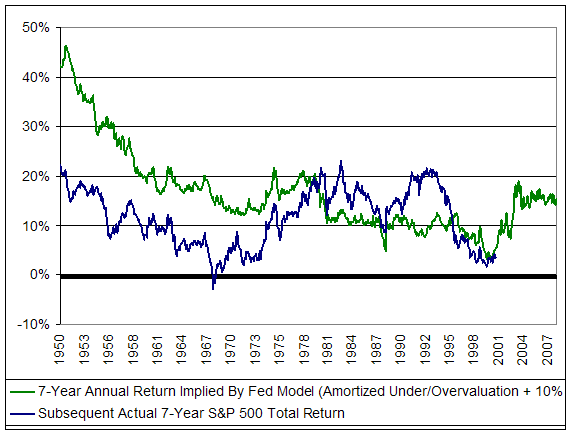
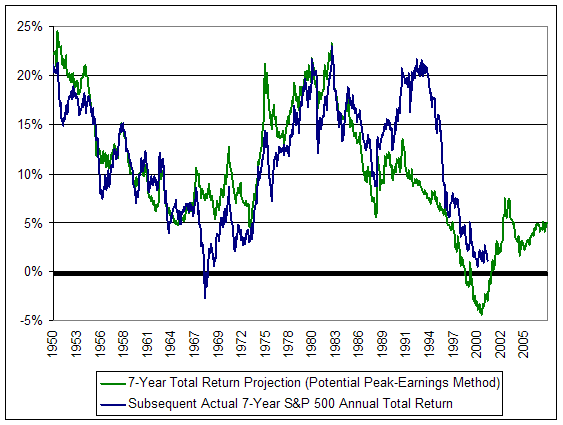
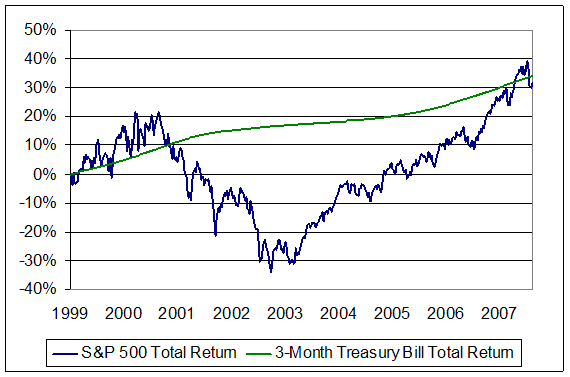
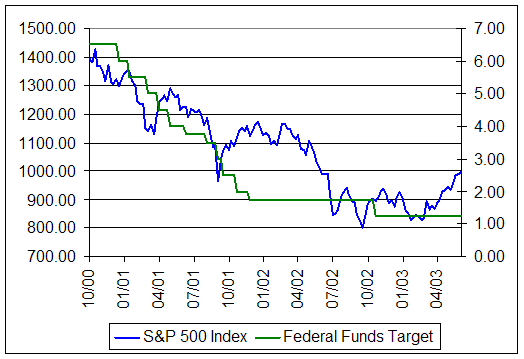
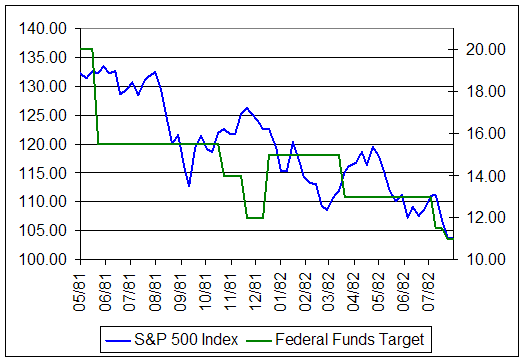
Comment